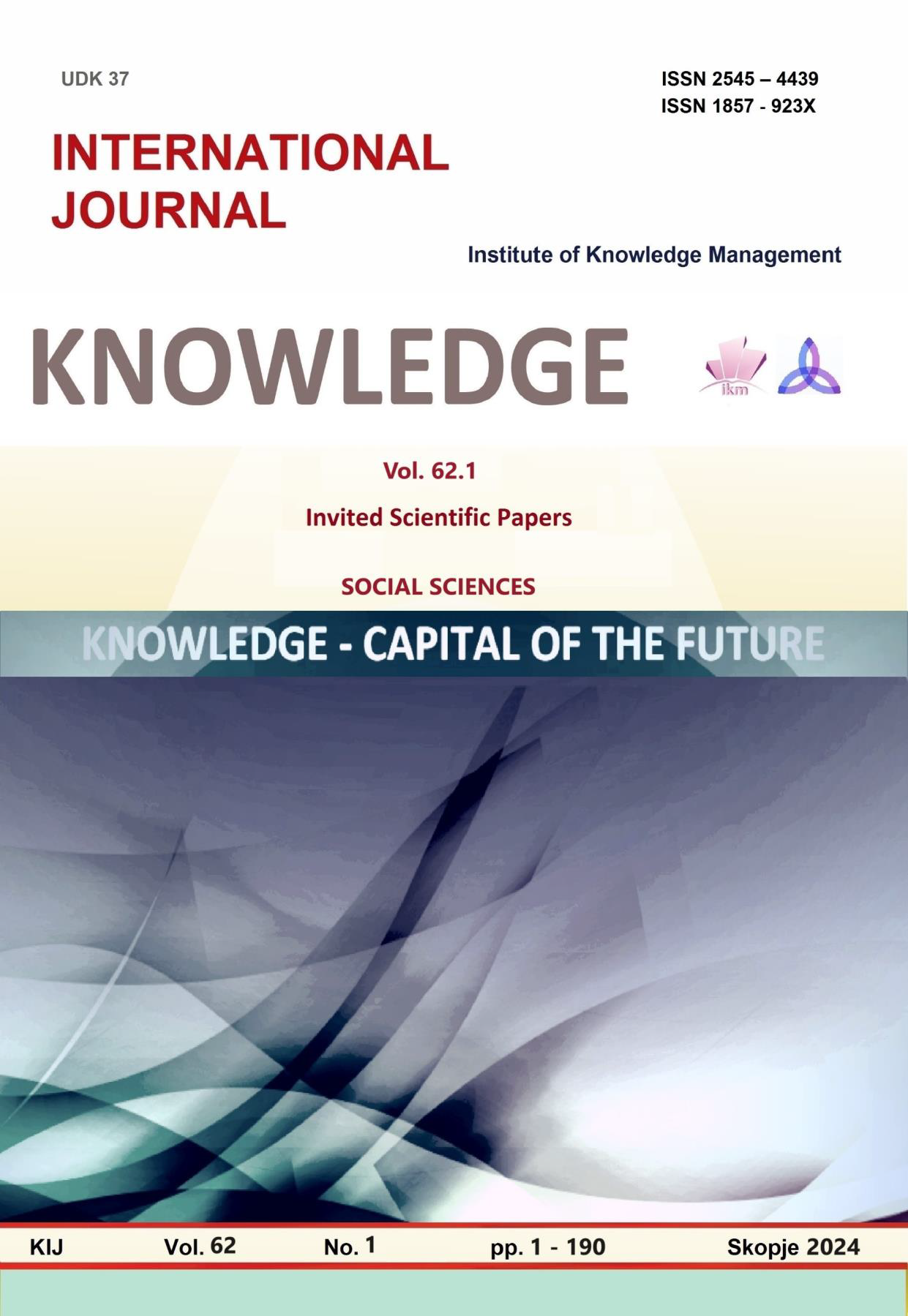SHTETI SI ORGANIZATË SPECIFIKE E SHOQËRISË. ORGANIZIMI SHTETËROR I MAQEDONISË SË VERIUT
THE STATE AS A SPECIFIC ORGANISATION OF SOCIETY: STATE ORGANISATION OF NORTH MACEDONIA
Author(s): Lindita NeziriSubject(s): Governance, Government/Political systems
Published by: Scientific Institute of Management and Knowledge
Keywords: North Macedonia;Constitution;President;Government;Assembly
Summary/Abstract: The term organisation means a social unit that includes many people who perform structured and clear activities, co-operate on the basis of defined relationships, and by co-ordinating their actions aim to achieve common goals.There are different types of organisations which are differentiated by the purpose for which they were established, the size, volume, and complexity of their work, etc. Even the state is considered an organisation (political-legal organisation). The state is a large and complex organisation. The political-legal character, organisation, constitutive elements, diversity of bodies (institutions), the large volume of work, and their complexity are just some of the characteristics that differentiate the state from other organisations in society. The disposal of the apparatus of physical violence (monopoly of physical force) and public power are exclusive features of the state that are not found in any other organisation in society.The basic elements in the composition of state organisations are the state bodies. The state as a large and complex organisation in society is characterised by diverse bodies (institutions), such as the president, the government, the parliament, the ministries, the courts, the ombudsperson, the public prosecutor, etc. Each state body implements state power independently and performs certain functions, while their establishment and competencies are determined by the constitution and by positive laws.The organisation of power represents the core of the constitutional and political system both in the horizontal dimension (which means the relations of the institutions of the same level) and the vertical dimension (which means the relations of the central institutions with those of lower levels).The highest state bodies are the legislative body (Parliament), the executive body (Government and President) and the judicial bodies (Courts).This study deals with and analyses the organisation of the state in the political system of the Republic of North Macedonia.For this study, we have been used: descriptive-comparative method, doctrinal research, and analysis of positive legislation.This study concludes with suggestions that will contribute to the advancement of democracy in the country.
Journal: Knowledge - International Journal
- Issue Year: 62/2024
- Issue No: 1
- Page Range: 147-151
- Page Count: 5
- Language: Albanian

